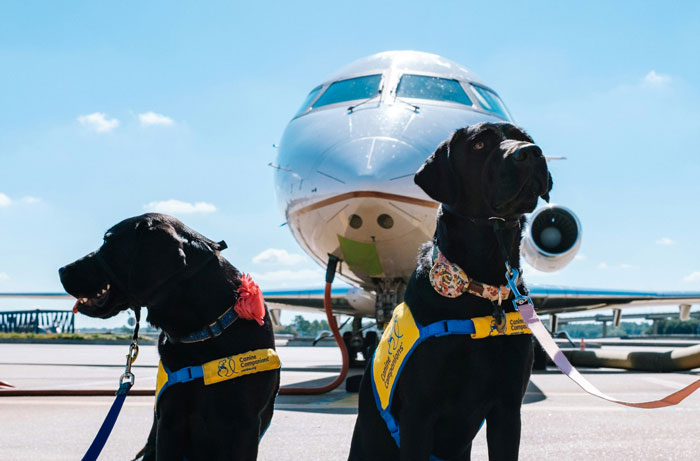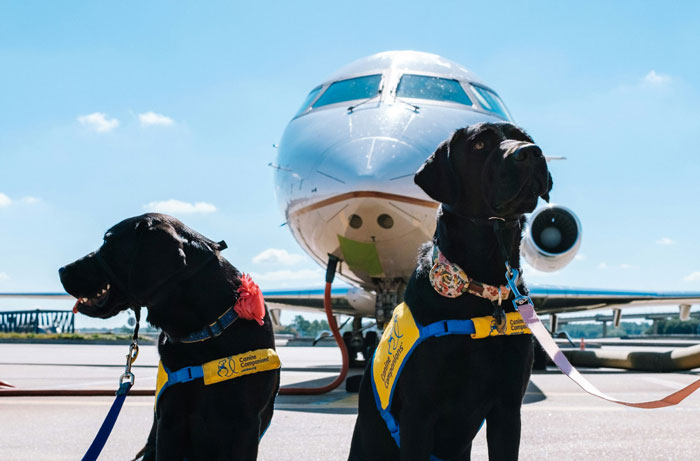“Is Your Dog Evolving? Scientists Reveal Shocking New Phase in Canine Development Driven by Human Life!”
A research team from Sweden’s Linköping University, which was led by canine experts Brian Hare and Vanessa Woods, dove deeper into how dogs developed their ability to work with humans and how our lifestyle may affect their traits.
60 golden retrievers were tasked with opening the lid of a treat jar, which was intentionally designed to be impossible to open.
Image credits: Pavel Danilyuk / Pexels
The dogs were subjected to this task twice—once after receiving an oxytocin nasal spray and once after receiving a neutral saline nasal spray. The team timed the animals to see how long it took for them to ask their owners to help.
Results suggested that dogs with a particular genetic variant of the oxytocin receptor responded more strongly to the oxytocin spray, which made them more likely to seek help from their owners.
This experiment reaffirmed the notion that oxytocin levels greatly influence a dog’s social skills and relationship with humans. Their sensitivity to social behavior is partially related to their genes.
Service dogs are further proof that dogs have adapted well to life in the 21st century, as they are a far cry from the hunters they were born to be
Image credits: Jeswin Thomas / Unsplash
Service dogs are trained professionals meant to assist their owners with tasks, to remain calm and quiet, and to have friendly, unique dispositions.
“Unlike most pet dogs, service dogs are attracted to strangers, even as puppies,” Woods and Hare wrote in The Atlantic.














